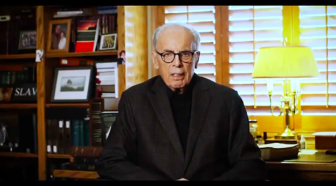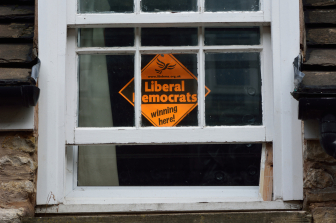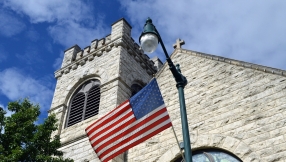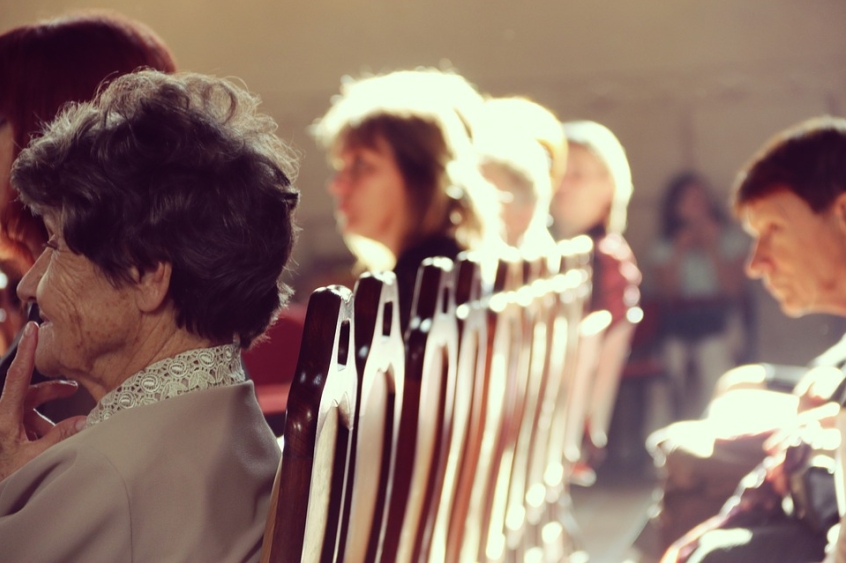
The role of churches in tackling some of society's biggest problems such as poverty and dementia is largely invisible, according to new research.
Three quarters of UK adults cannot name any of the activities that take place inside their local church other than regular services and religious festivals, the research released by the specialist insurer Ecclesiastical has found.
When presented with a list of services offered by churches such as food banks, elderly support groups, parish nursing and dementia support, the research found that more than half (54 per cent) of those surveyed were unaware of the services their own local church provided.
This increased to 65 per cent in the over 55s and 83 per cent of 18 to 25 year olds - two groups that benefit most from the support on offer.
Last year, a competition run by Ecclesiastical showcased the reach and impact of churches in the community, finding that churches undertake a wide range of community services that include tackling loneliness among the elderly, hosting a variety of professional advice services, providing food parcels to the poor and giving lunches to children during the summer holidays.
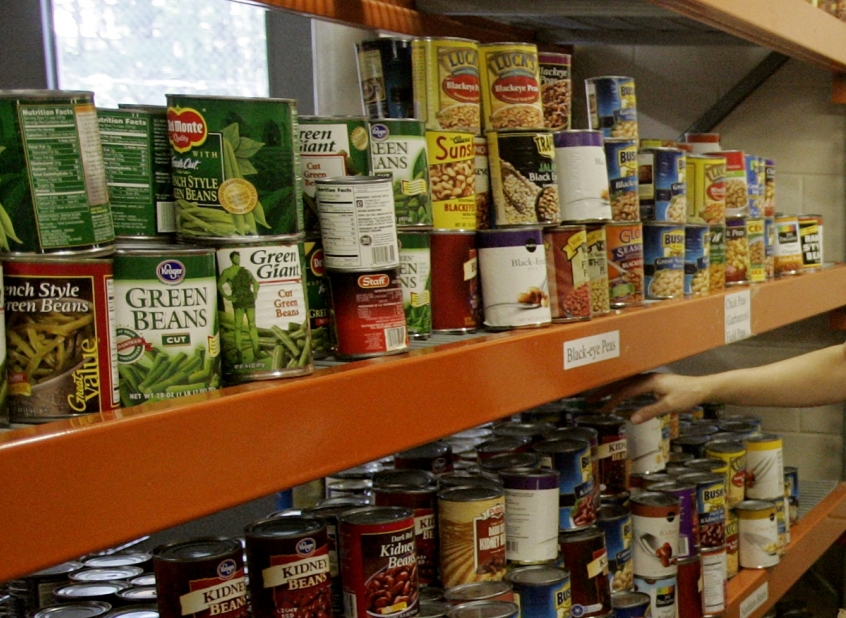
Michael Angell, the church operations director at Ecclesiastical, said: 'With pressure on community services, our nation's churches are leading the way in providing vital support to the elderly, the underprivileged and the community as a whole.
'Despite the challenges facing our churches, for example the recent cut to heritage lottery funding and the increasing costs of maintaining these buildings, church communities continue to find a way to provide vital services of real benefit to local people.
'Particularly in areas where community resources have been stretched to the limit, the activities and services run by churches provide a lifeline to those in need, so it is important that we continue to champion the work our nation's churches continue to deliver locally on a national scale.'


